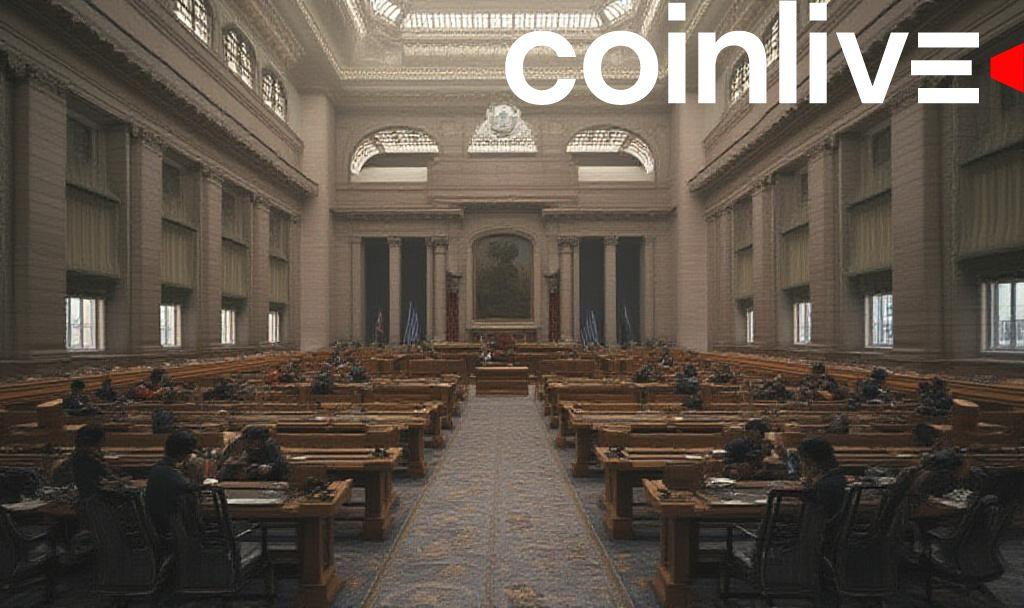- U.S. Court blocks Trump-era tariffs affecting markets.
- Minimal impact on Bitcoin and Ethereum.
- Previous interventions caused short-lived market reactions.

Lede: The United States Court of International Trade has blocked tariffs imposed during President Trump’s administration. This decision marks the second time a court has intervened against these tariffs.
Impact of the Court Ruling
The Court of International Trade issued a ruling blocking tariffs from the Trump administration. No direct comments were made by former President Trump post-ruling. The court specializes in handling trade and customs law disputes with significant market implications, which is in line with historical remarks like these from Raoul Pal:
Markets cheer court rulings that reduce policy uncertainty.
Effects on Trade and Cryptocurrency Markets
The tariffs previously led to tensions among trading partners, often affecting multinational businesses and financial sectors. Concerns arose regarding market stability and trade relations. Cryptocurrency markets remain mostly stable, with no major shifts in Bitcoin or Ethereum following the announcement.
Trade policy uncertainty can briefly shake risk assets, but crypto often resumes its own trend.
Cryptocurrency prices have shown resilience, often returning to existing trends after similar trade-related interventions, reflecting Arthur Hayes’s sentiment:
Markets typically react to tariff rulings with short-term changes. Historical precedents show temporary volatility in both stock and crypto markets.
Future Monitoring and Economic Implications
Federal court decisions like these contribute to economic policy reshaping. Investors and traders closely watch for potential impacts on international business dynamics. Market stability remains a priority amidst such regulatory changes, as evidenced by reactions from past events of this nature.
Overall, the ruling by the United States Court of International Trade primarily affects trade and customs policies with nuanced impacts across different sectors. Important to monitor ongoing institutional responses for further economic implications.








